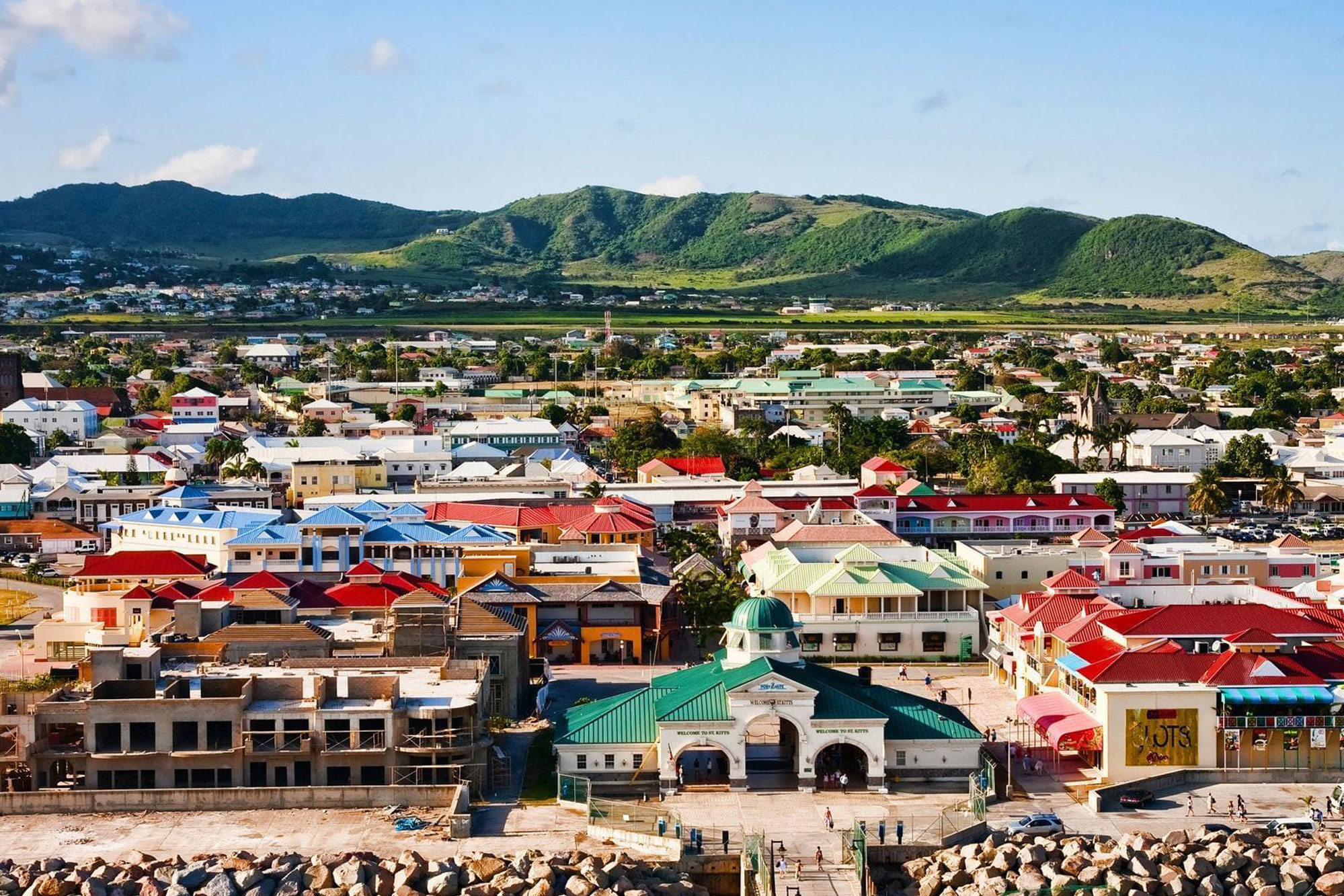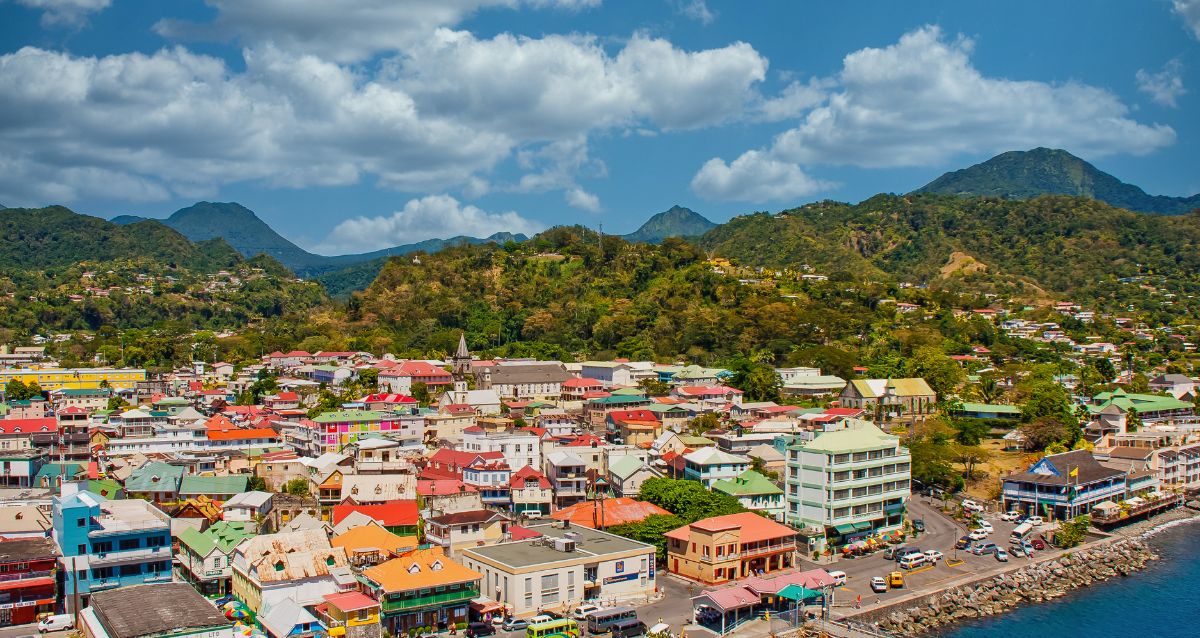Why St. Kitts & Nevis Is an Offshore Tax Haven Choice
Although there is a widespread misconception that offshore tax havens are directly linked to money laundering or tax evasion, this is not always the case. The word “offshore tax haven” can signify various things to different individuals. It is permissible to try to (legally) reduce your tax by establishing activities in one nation as opposed to another when you wish to create a foreign firm, for instance. The so-called tax haven nations, such as Belize, Switzerland, Malta, Panama, Singapore, etc, are under strict scrutiny and are required to follow a set of guidelines established by international organisations. When it comes to offshore tax havens, a quick Google search will reveal the stalwarts like Panama or Switzerland without highlighting the problems that these popular tax haven nations have by default. For instance, Switzerland and the US have engaged in several deferred prosecution agreements during the last 10 to 15 years, and only a few years ago, there was the “Panama Papers” controversy. Many nations renowned for being offshore tax havens have lost their appeal in recent years. For instance, numerous Swiss banks have signed DPAs with the US, and the Swiss government has sent financial data on hundreds of thousands of its citizens to more than 70 nations in compliance with CRS. The Cayman Islands appear to have moved away from financial secrecy and toward financial transparency, which lessens the possibility of using the islands as a tax haven. The Nevis Business Corporation Ordinance of 1984 established the foundation for the island's offshore sector, making it a notable player in the offshore financial world. Nevis has established itself as one of the world's most secretive offshore financial havens. Unlike many other jurisdictions, Nevis does not have tax treaties with other countries and will not exchange tax information with other nations, further enhancing its appeal for those seeking privacy. Additionally, Nevis lacks tax information exchange agreements with most countries, limiting automatic reporting of financial information to foreign tax authorities. The jurisdiction allows for nominee directors and shareholders, further enhancing privacy for company owners. The Nevis International Business Company (IBC) provides an easy formation process for foreign businesses with minimal restrictions. Furthermore, the statute of limitations for fraudulent transfer claims in Nevis is two years, significantly shorter than many other jurisdictions, which adds an additional layer of protection for asset holders. However, tax-resident companies in Saint Kitts and Nevis pay corporate taxes on their global income at a rate of 33%, which is a significant consideration for businesses operating within the jurisdiction. Additionally, Saint Kitts and Nevis have double taxation avoidance agreements with various countries to prevent double taxation for its citizens and businesses. Saint Kitts and Nevis does not charge taxes on dividends paid to shareholders of offshore companies registered in Nevis.
What makes St. Kitts & Nevis stand out:
-
One of the finest tax havens in the world could be St. Kitts and Nevis. Personal income, wealth, long-term capital gains, inheritance and gifts are not subject to tax on international income.
-
You can gain citizenship through St. Kitts & Nevis' long-running Citizenship by Investment programmes, which provide a method to obtain dual citizenship at the most competitive prices in the world, or you can become a tax resident of the country right away by spending 183 days there in a year.
-
The Common Reporting Standard (CRS) does not apply to St. Kitts and Nevis. As a result, it can offer the greatest degree of security and protection for the investors' and account holders' personal information.
-
St. Kitts & Nevis is unaffected by the typical tactics used by international organisations to combat tax evasion and money laundering, such as legal action against lenders and diplomatic pressure. This is due to its special status as a sovereign nation that is also legally a part of the United Kingdom, with Queen Elizabeth II serving as the head of state.
-
Strong regulations governing financial secrecy conceal beneficial owners. In order to compel offshore jurisdictions like the BVI, the Cayman Islands, and Bermuda to establish public registries of businesses discreetly functioning from those areas, the UK introduced an amendment to its anti-money-laundering law in May 2018. St. Kitts and Nevis, a tiny sovereign nation in the Caribbean with Queen Elizabeth as its head of state, remained to be an outlier even though many tax havens were forced to change their secrecy-based economic models.
-
Clients have been able to establish businesses in St. Kitts and Nevis with a degree of confidentiality that no regulator could access. Regulators must first establish both the existence and ownership of the registered entities on the island in order to demonstrate that they are involved in money laundering, tax evasion, or the funding of terrorism.
-
If investigators are unable to establish who the owner of the entity in question is, they will not be able to establish that the entity engaged in tax evasion, money laundering, the financing of terrorism, etc. You have one year from the time the business was founded to file a lawsuit in order to demonstrate that a St. Kitts & Nevis-registered firm truly belongs to someone and was not created unlawfully. This is so close to being impossible since it is so difficult to even know if such an entity really exists.
-
Nevis offers complete exemption from corporate taxes for offshore companies that do not conduct business on the island, making it an attractive destination for international businesses. Nevis also offers complete tax exemption on worldwide income for offshore companies, with no income, capital gains, or inheritance taxes for these entities. Additionally, the incorporation process is efficient, often completed within 24-48 hours, and can be handled remotely, making it highly convenient for international investors. The incorporation process requires submitting articles of incorporation or organisation along with the company's registered name. Documentation needed includes proof of identity for all directors and shareholders, along with verification of address. Establishing a business entity in Nevis involves understanding specific requirements and selecting the appropriate legal structure.
-
Nevis doesn't impose any local taxes on income earned outside of the jurisdiction, further solidifying its reputation as a tax haven. Non-resident companies in Saint Kitts and Nevis are exempt from taxation on income generated outside St. Kitts and Nevis. There are no capital gains taxes for individuals in Saint Kitts and Nevis, except for sales of local assets held for less than 12 months.
-
The process for establishing a business entity in Nevis typically involves engaging a registered agent and completing specific documentation. To establish a business in Nevis, entrepreneurs must work with a registered agent licensed in the jurisdiction. Additionally, the standard VAT rate in St. Kitts and Nevis is 17%, with a reduced rate of 10% for specific services in the tourism sector.
In conclusion,
St. Kitts & Nevis offers offshore account holders and offshore business owners a level of confidentiality that no other Tax Haven nation can, and this is due to its special position. One of the numerous benefits the island has to offer is tax planning and savings. If you're considering obtaining second citizenship, St. Kitts and Nevis is one of your best options. Nevis provides strong asset protection laws that safeguard assets from foreign judgments and creditors, further enhancing its appeal as a secure offshore jurisdiction. Nevis also provides strong asset protection laws, confidentiality, and simplified reporting requirements, making it a preferred choice for many international investors. For instance, the Nevis Limited Liability Company (LLC) provides strong asset protection with charging order protection as the exclusive remedy for creditors, ensuring that assets remain secure. Additionally, the Nevis International Exempt Trust Ordinance provides additional protection tools, creating a favourable environment for trusts. The Nevis LLC is particularly popular due to its strong asset protection features and operational flexibility. Nevis courts generally will not enforce foreign judgments against Nevis entities, adding judicial protection to privacy measures. Furthermore, Nevis requires creditors to post a substantial bond before initiating litigation against Nevis-registered entities, making it even more challenging for creditors to pursue claims. The minimum capital requirement is relatively low, with no requirement to deposit or maintain capital in local banks. Nevis trusts provide exceptional asset protection with a short statute of limitations for challenges and require a substantial burden of proof for creditors, further solidifying their reputation as a robust financial tool. Nevis LLCs also offer charging order protection, meaning creditors can only receive distributions but cannot seize assets or force liquidation, further enhancing the jurisdiction's appeal for asset protection. Non-tax residents must pay a fixed withholding tax of 15% on dividends, royalties, and interest in Saint Kitts and Nevis.
FAQ
Q1. Is Nevis still a tax haven?
Yes, Nevis is still considered a tax haven. It offers strong financial privacy laws, minimal reporting requirements, and no local taxes on global income, capital gains, inheritance, or wealth for individuals and offshore entities. Nevis is especially known for its favourable corporate and trust laws, attracting foreign investors seeking tax efficiency and asset protection.
Q2. Does Nevis have income tax?
Nevis, as part of the Federation of St. Kitts and Nevis, does not impose personal income tax. Residents and foreign investors are not taxed on personal income, capital gains, dividends, or inheritance. However, businesses operating locally may be subject to certain corporate taxes and fees.
Q3. Where is the biggest tax haven in the world?
The title of the "biggest tax haven in the world" is often debated, but the Cayman Islands, Switzerland, and Luxembourg are consistently ranked at the top due to the scale of assets they attract and their favorable tax laws. The Cayman Islands is often cited as the largest due to its zero-tax regime, massive hedge fund registrations, and high-value offshore banking sector.
Q4. Do you pay taxes in St Kitts and Nevis?
In St. Kitts and Nevis, there is no personal income tax. However, residents and businesses may still pay other types of taxes, such as:
-
Corporate tax (for locally operating businesses)
-
Value-Added Tax (VAT) on goods and services
-
Social Security contributions
-
Import duties
Foreign investors using Nevis for offshore company formation generally benefit from tax exemptions.
For expert guidance regarding Citizenship and Residency programs for multiple countries and to choose the best option suitable to your needs, get in touch with Flyingcolour. we offer assistance in global residency, citizenship, and investment migration programs. For more information, contact our experts at +971 529933135. The documented ownership of Nevis companies remains private, protecting owners from disclosure to third parties.

